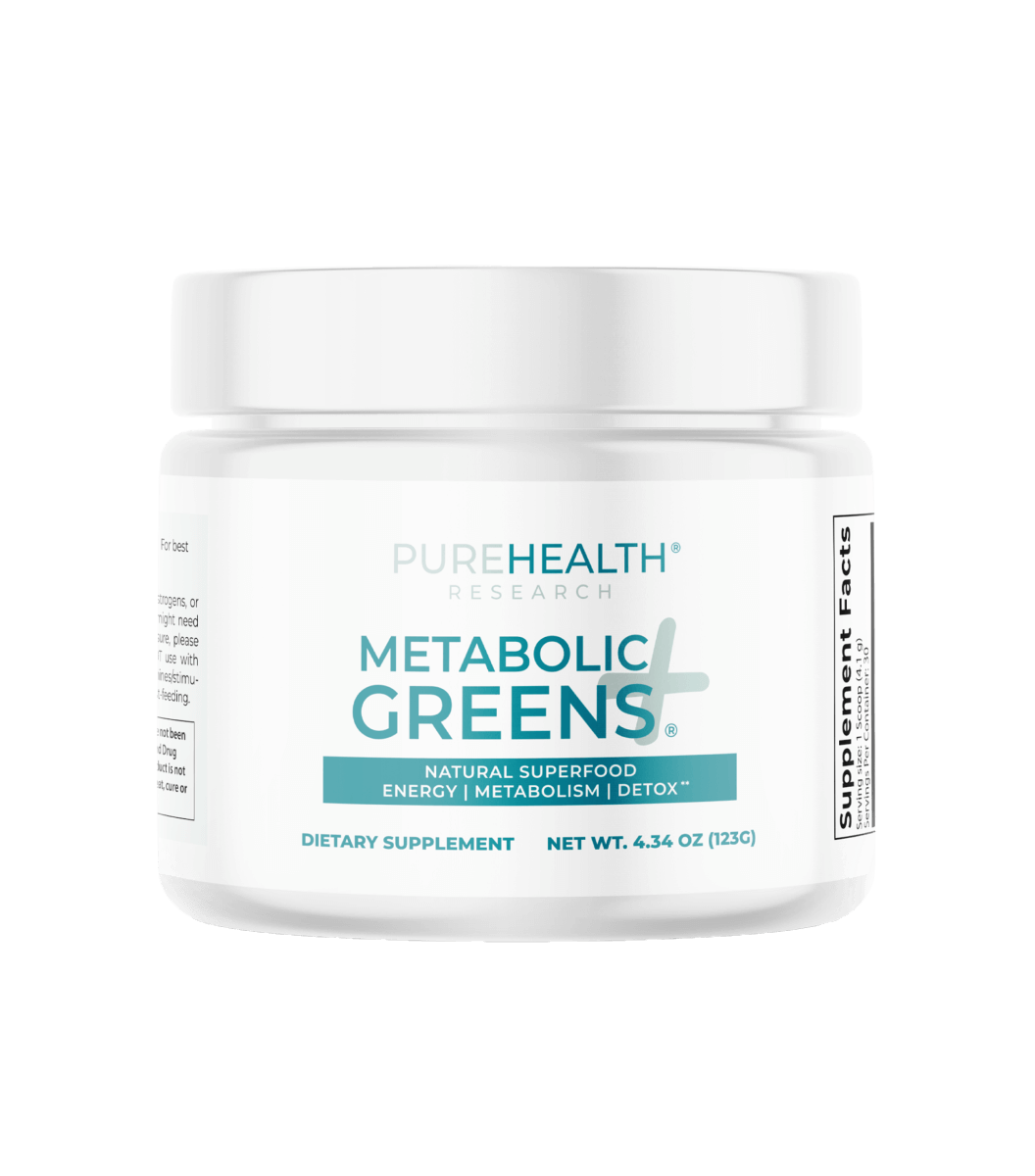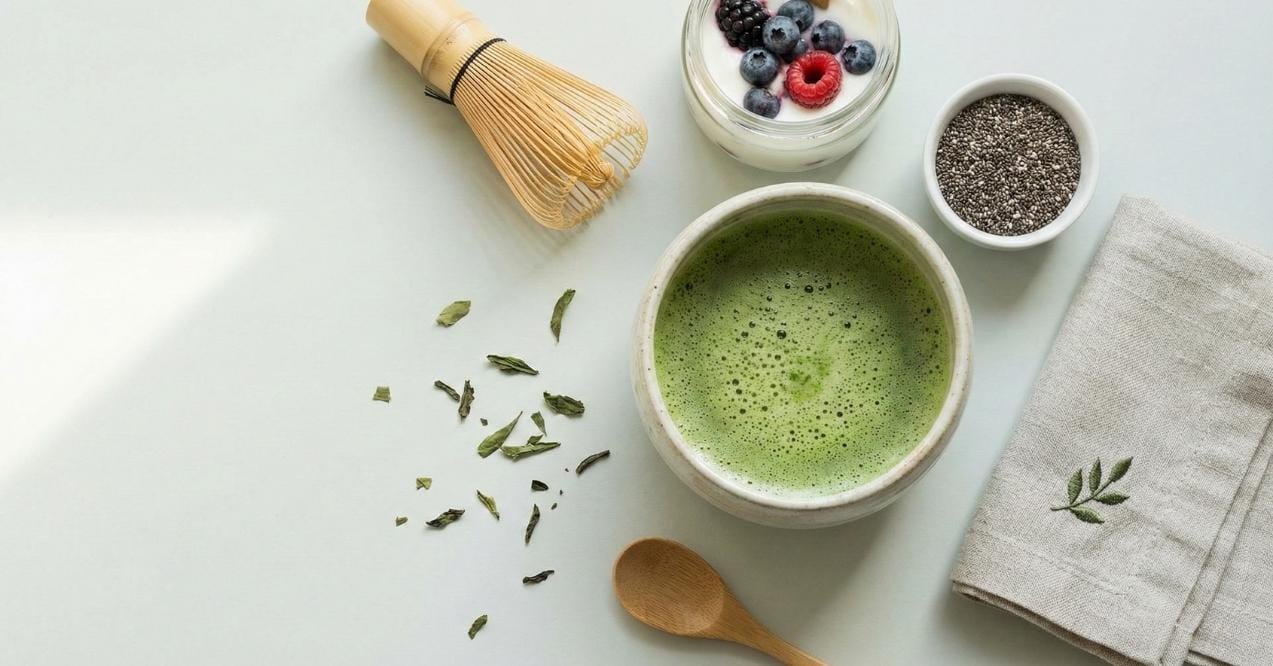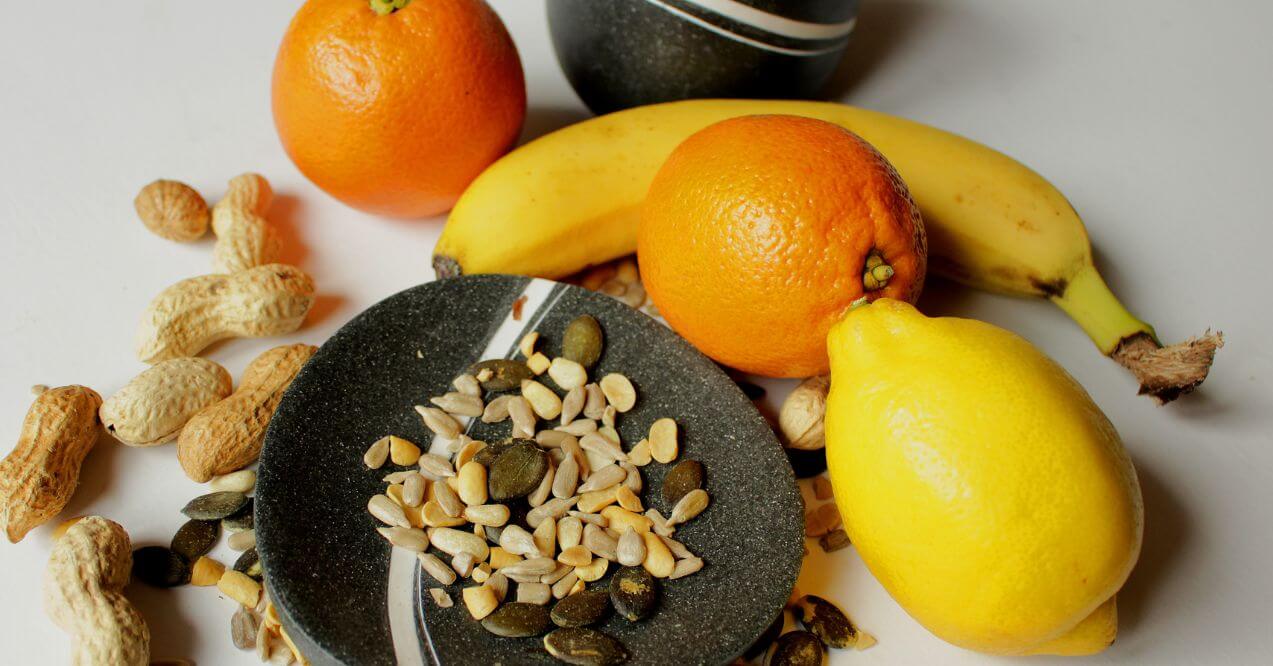13 Best Teas for Gut Health: Boost Digestion Naturally
What do you take for your gut health? Say goodbye to digestive issues and embrace a happier, healthier you today with the best teas for gut health.
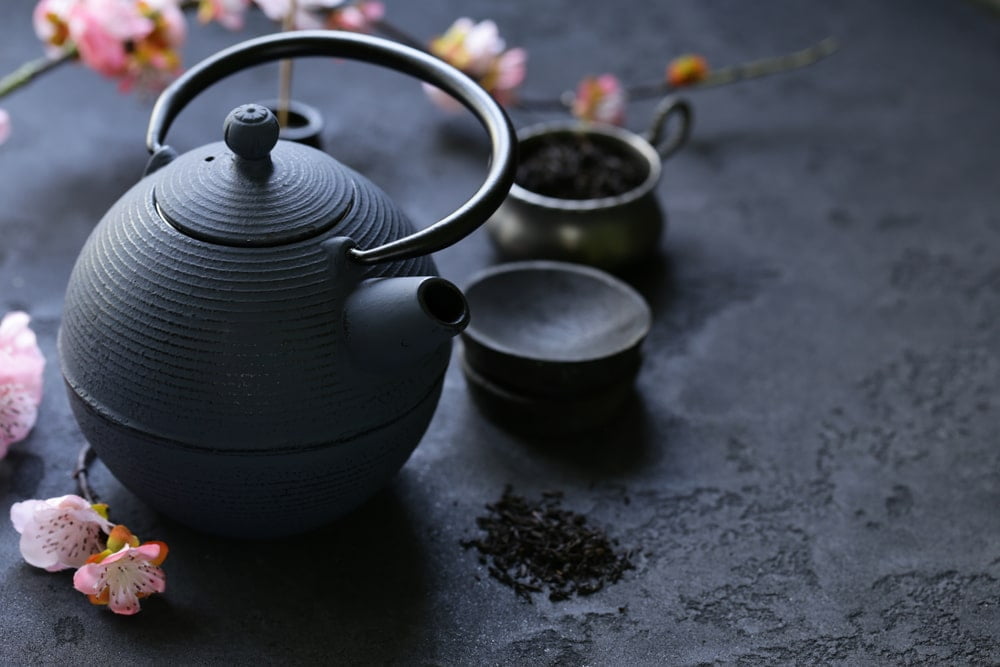

You can improve your well-being by drinking the best teas for gut health each morning. Fortunately, tea is readily available and delicious, too. You might have to dig in your pockets for the best medicine and nutritional supplements. However, tea is a healthier option than medicine and nutritional supplements.
According to the Pan American Health Organization, in 2019, America had well over 300 thousand deaths from different digestive disorders. These findings show how gut health is a significant health burden globally. Some of the most common digestive system problems are bloating and constipation. The severe cases may include peptic ulcers, appendicitis, or gastritis. So to help you stay safe, you need to be extra careful of your gut health.
The Powerful Role of Tea in Gut Health
One way to benefit your digestive process is by introducing your body to healthy foods like teas. Their unrivaled properties not only ease digestion but also improve your well-being in a variety of ways. People have used tea for centuries to treat digestive issues and other illnesses. Several teas can also bring relaxation and diminish headaches and nervous feelings.
Tannins and polyphenols, which are components commonly found in teas, improve gut health. For instance, flavonoids are antioxidants that control the negative effects of free radicals in the body. These natural components and several others can help individuals to have a healthier digestive system.
13 Best Teas for Gut Health
Several types of teas are beneficial for gut health. People have used these teas and other supplements to support digestion for many years. These drinks are healthy and effective in helping to settle your belly and improve digestion. Below you will find the 13 best teas for gut health you can enjoy.
1. Peppermint Tea
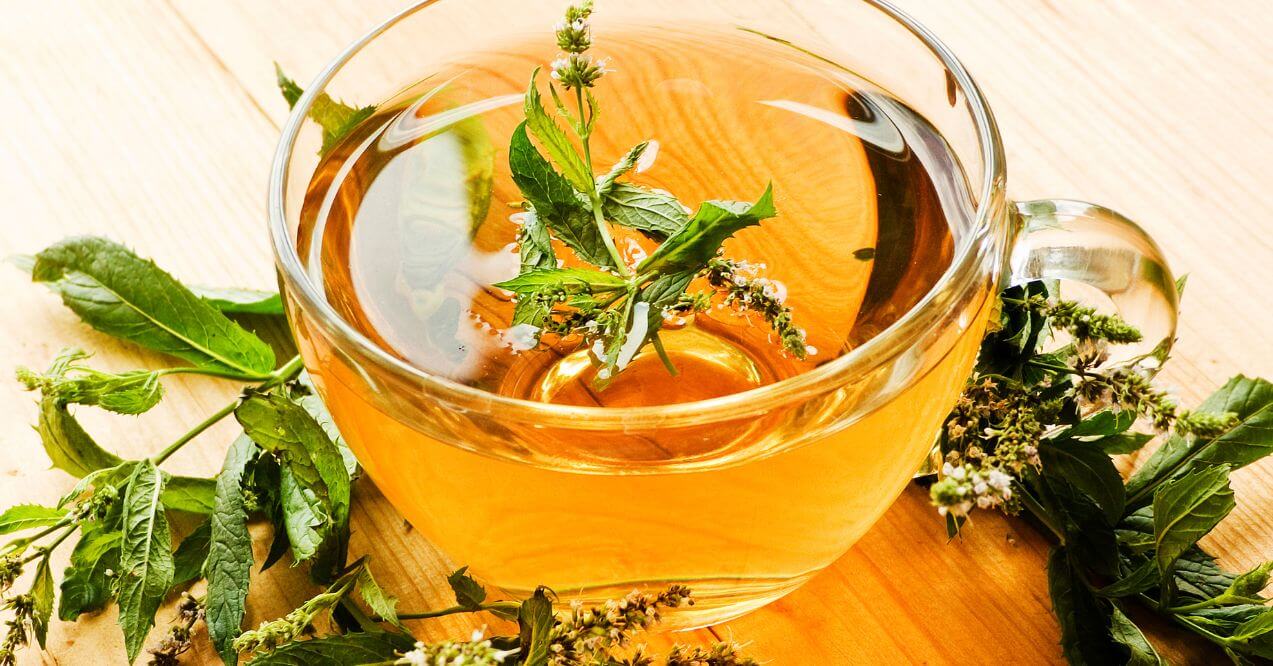
Peppermint is a combination of spearmint and watermint and makes for an excellent tea for digestion. It is a herbal tea you can brew by pouring hot water over fresh or dried peppermint leaves. Alternatively, you can pour water on the leaves and store the resulting mix in the refrigerator for some cold-brewed tea.
Peppermint also has essential oils, including limonene, menthol, and menthone. These oils are responsible for the cool minty taste people are familiar with in this tea. So, apart from the cooling sensation and minty taste this tea offers, how does it help the digestive system?
First, the menthol in peppermint tea acts as an anti-inflammatory that helps calm the digestive system. If you have IBS symptoms, your doctor might prescribe some peppermint capsules, as the menthol helps to relieve bloating, pain, and gas and relax the smooth muscles of your intestine, alleviating cramps. If you suffer frequent diarrhea, it might be caused by caffeinated drinks.
Caffeine stimulates motility, especially in the digestive system, which may cause diarrhea. In this case, you can try peppermint tea. It is caffeine free, which makes it a good alternative to caffeinated tea. A word of caution: Since peppermint relaxes smooth muscle, it is not recommended for people experiencing heartburn or acid reflux.
2. Ginger Tea
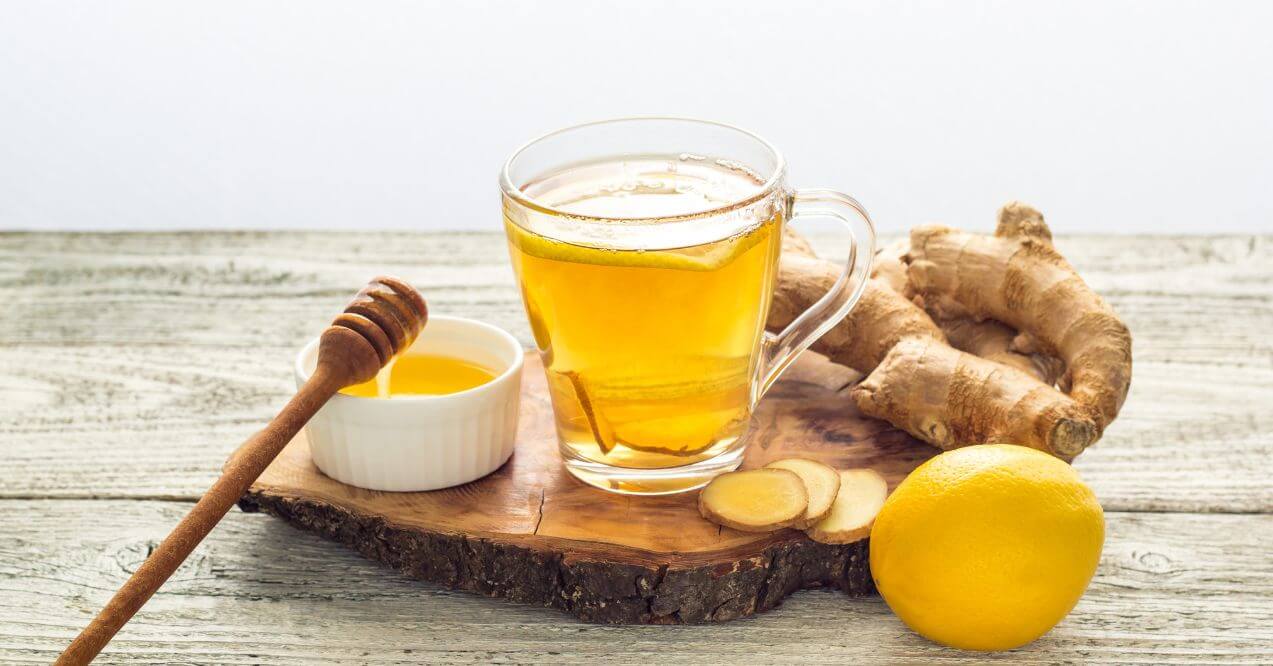
Ginger is a spice that many are familiar with. We use it as a spice in our foods, but can you make healthy tea from it? Well, ginger is a flavorful spice that originated in China and India. It is in the same family as turmeric, galangal, and cardamom.
Ginger has about 100 compounds that support its healthy attributes. The spicy aroma and taste are all thanks to the gingerol and ketone compounds in it. Ginger is friendly to the digestive tract, so we’ve listed it among the best tea for gut health.
But how does it work to enhance good gut health? Ginger helps your digestive system break down proteins, carbohydrates, and fats because it has digestive enzymes. This aspect, in turn, helps the digestive system to absorb nutrients well and may reduce bloating.
Ginger is also recommended for a leaky gut. Inflammation and lack of nutrients are among the major causes of this condition. Conversely, ginger reduces inflammation, improves nutrient absorption, and rebuilds the leaky gut lining.
3. Chamomile Tea

Chamomile tea is not strong in flavor but is a mighty digestive help. A cup of chamomile tea can help reduce acid reflux and stomach cramps, among other digestive system issues. Your grandma may have mentioned or prepared some chamomile tea for you at some point because it is one of the most ancient teas ever.
If a cup of tea is a must after every meal, then chamomile tea may do the trick. The good thing about this drink is that it helps with nutrient absorption. So if you suffer indigestion, especially after a meal, chamomile tea could be a lifesaver.
If you have experienced acid reflux, you know how painful it can be. Acid reflux is when your stomach has too much acid that gushes into your esophagus. Chamomile tea helps balance the stomach’s acid level, and reduces digestive upsets, stress, and acid reflux.
4. Fennel Tea
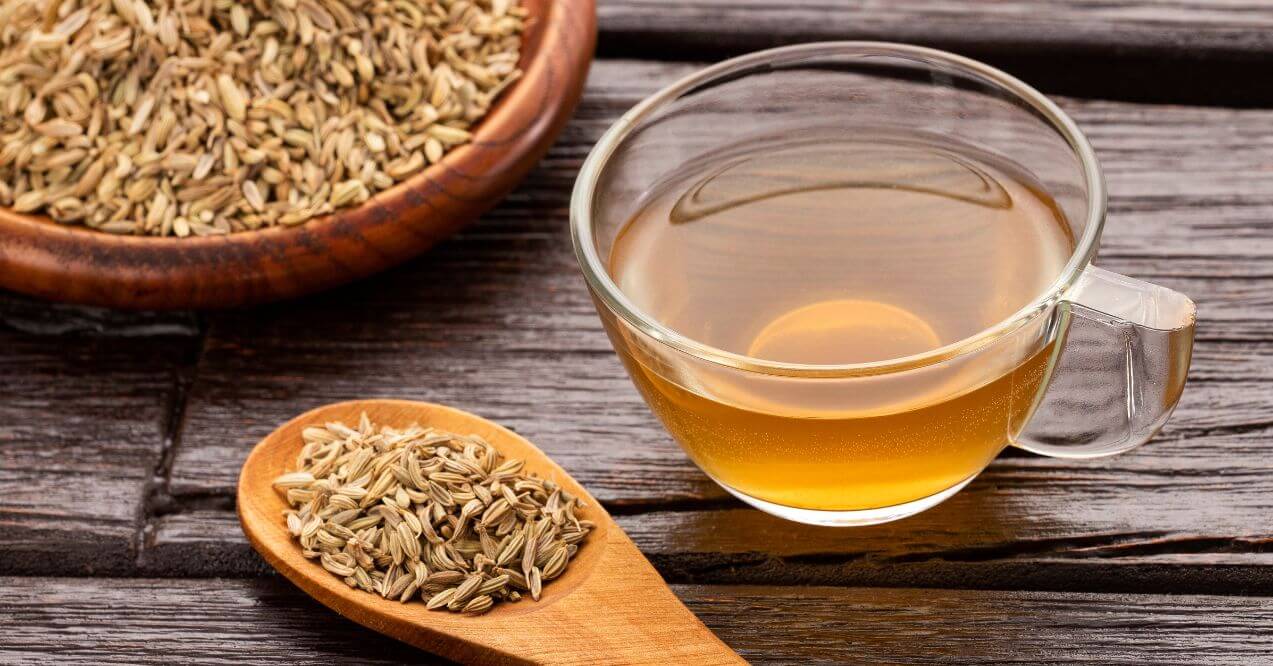
Have you heard of fennel seeds and their range of benefits? Fennel tea is also a perfect digestive drink. Fennel is rich in many healthy properties, including antioxidants, vitamins A, B-complex, C, and D, iron, and calcium, among many others.
Fennel’s essential oil has estrogen, which stops muscle spasms, helping your stomach digest food more efficiently. It also boasts carminative and aromatic properties that help relieve bloating, flatulence, stomach cramps, and diarrhea.
Moms, if your child suffers from colic, you can try a bit of fennel tea, as it works wonderfully to relax the intestinal tract. Fennel is excellent at eliminating toxins, which makes it a great cleansing tea. It also reduces the high levels of acid in your stomach, thus helping people who suffer from acid reflux. Fennel tea also helps your digestive system to relax, making it easier for your stomach to digest food and absorb nutrients.
5. Green Tea

Green tea is popularly known to help many reduce weight, and many can swear by it. If you have used it before, have you noticed how it made your digestive problem disappear? So, apart from helping many to cut weight, it also helps with digestion. Flatulence is one of the most common problems that people suffer from. You may have to avoid certain foods to prevent passing gas. Not only is flatulence uncomfortable, but it can also be painful.
Green tea helps treat flatulence and reduces bloating. If you suffer from the two, you can start thinking of a cup of green tea daily. Inflammation is one of the consequences of inflammatory bowel disease (IBD), and those suffering from its symptoms know it’s not a fun experience. Fortunately, green tea helps fight off inflammation in the body and helps alleviateIBD symptoms.
6. Dandelion Root Tea
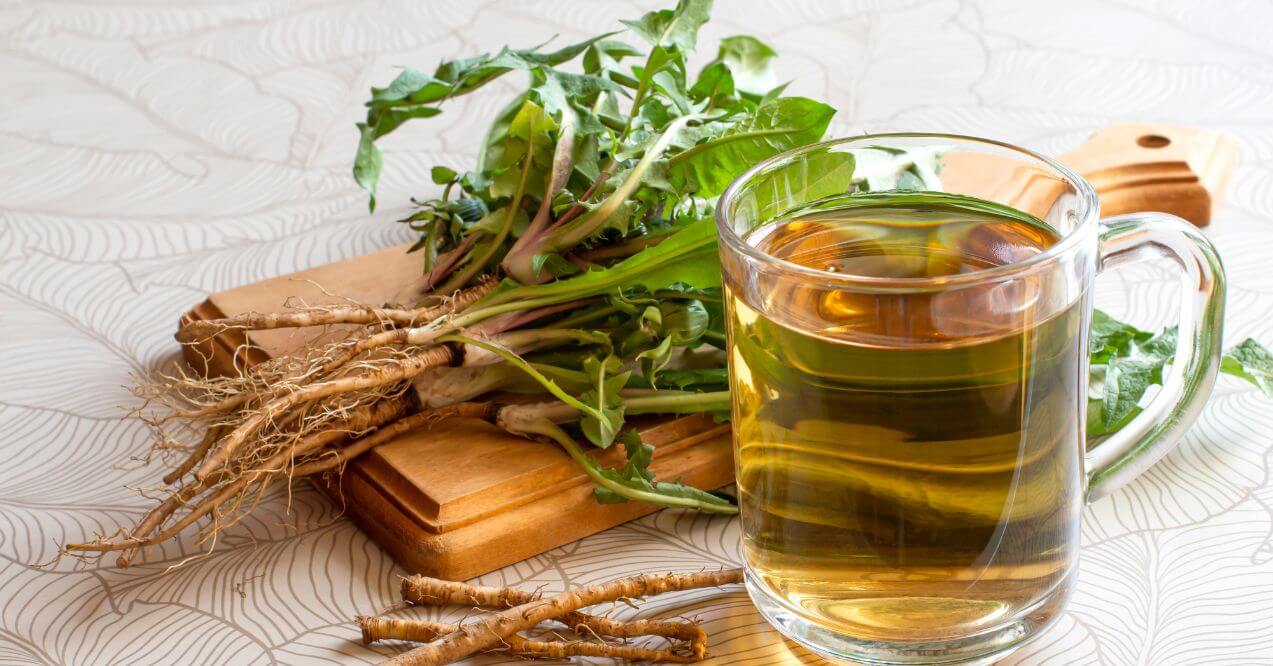
Often carried as a weed, it may be surprising to many that it can fall under teas for digestion. You can make dandelion root tea from the roots of the dandelion and hot water. Dandelion is a superb source of vitamins A, C, K, and E. It is also rich in potassium and some gut-loving fiber — no wonder this tea falls under the “tea that’s good for digestion” category.
You can easily find dandelion root tea in ready-to-brew bags on the shelves of several supermarkets, among other teas. Make sure you choose dandelion root and not leaf, which promotes water loss. You can also get it in capsules or powders. But the easiest and healthiest dandelions come from your front or backyard (as long as it hasn’t been sprayed with pesticides).
Dandelion root is rich in inulin, a gut-friendly fiber that supports digestion. It also helps the liver produce bile, promoting bowel regularity and overall gut health. If you’re wondering what tea is good for liver and kidneys, dandelion root tea is a great choice, as it soothes the stomach lining and aids digestion.
7. Licorice Root Tea
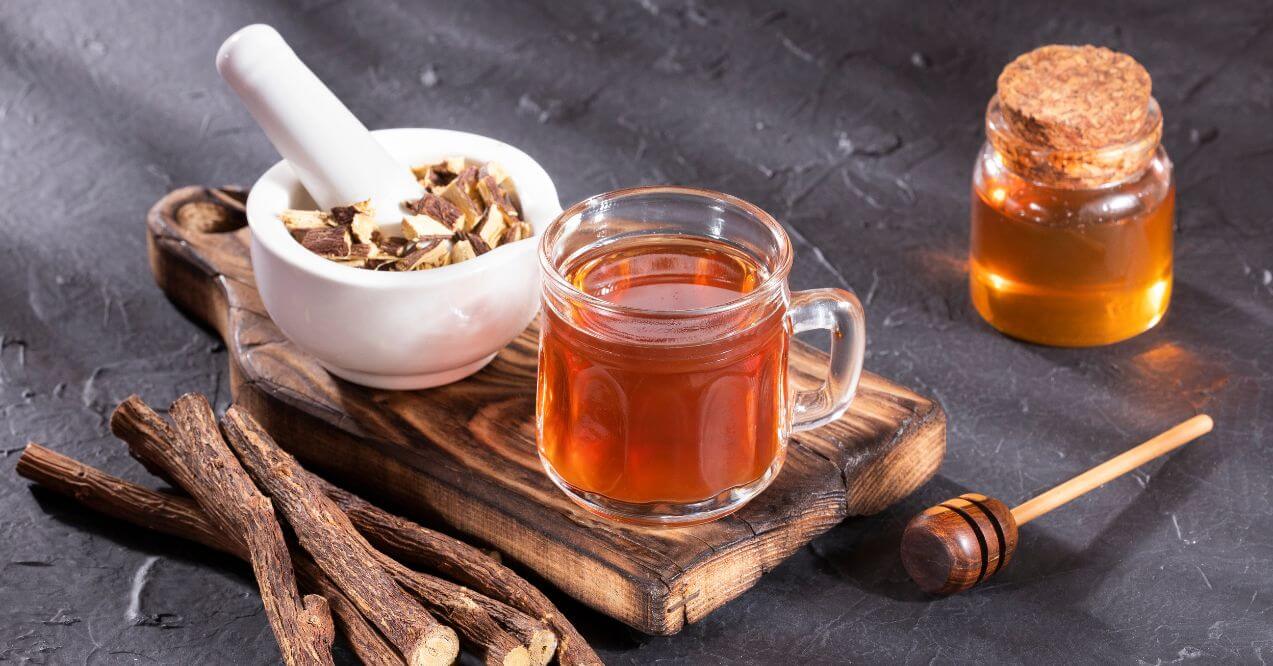
Often, you may find that some pastries and candies have licorice as a flavor. It is also a medicinal plant used to alleviate illnesses that come with the respiratory and digestive systems. Licorice has a bittersweet taste and is sweeter than sugar. It also has fewer calories compared to sugar. Surprisingly, 100g of natural licorice may contain only a gram of calories. Fans of licorice root tea appreciate its ability to alleviate digestive problems and promote better health.
It also helps reduce inflammatory problems. For instance, gastritis is the inflammation of the stomach lining. Well, a cup of licorice root tea can help fight gastritis. This tea also helps combat heartburn, indigestion, and an upset stomach, among many other digestive problems. Licorice root tea also has some properties that help it reduce the acid levels in your stomach. For example, if you suffer from acid reflux or stomach ulcers, a cup of this tea can prove to be highly relieving.
8. Lemon Balm Tea
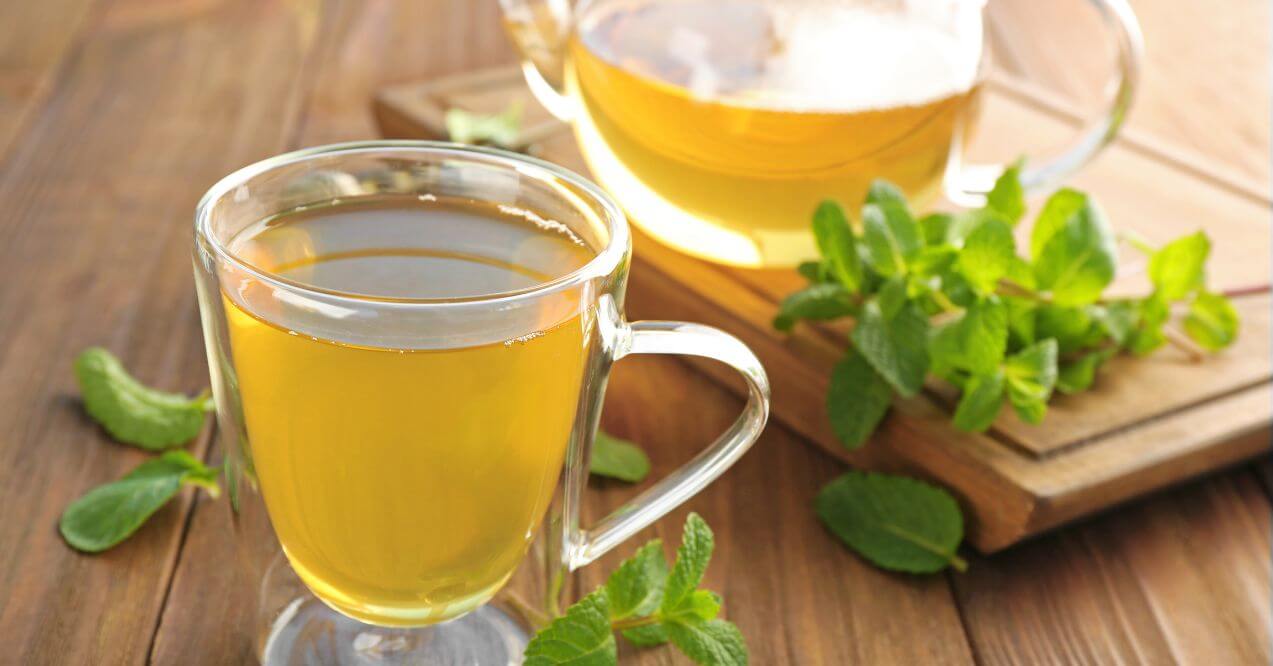
One of the undisputed best teas for gut health, without a doubt. You can make lemon balm tea by infusing the leaves of the lemon balm plant. This plant has many medicinal advantages, but in this text, we’re only looking at the digestive system’s benefits. Bloating, indigestion, and abdominal discomfort may result from stress. Lemon balm has a calming effect that you can use to reduce stress and bring a comforting feeling into your body. If your digestive system issues result from stress, lemon balm tea is a sure remedy.
Lemon balm also has some anti-inflammatory properties that come from rosmarinic acid. Severe inflammation in the digestive system is a sure cause of many problems. Rosmarinic acid, therefore, provides a powerful anti-inflammatory solution to soothe the discomfort that could arise from inflammation. A 2019 study on rodents confirmed that lemon balm reduces intestinal transit, meaning this plant could help your body digest food more effectively if you suffer from indigestion.
9. Slippery Elm Tea
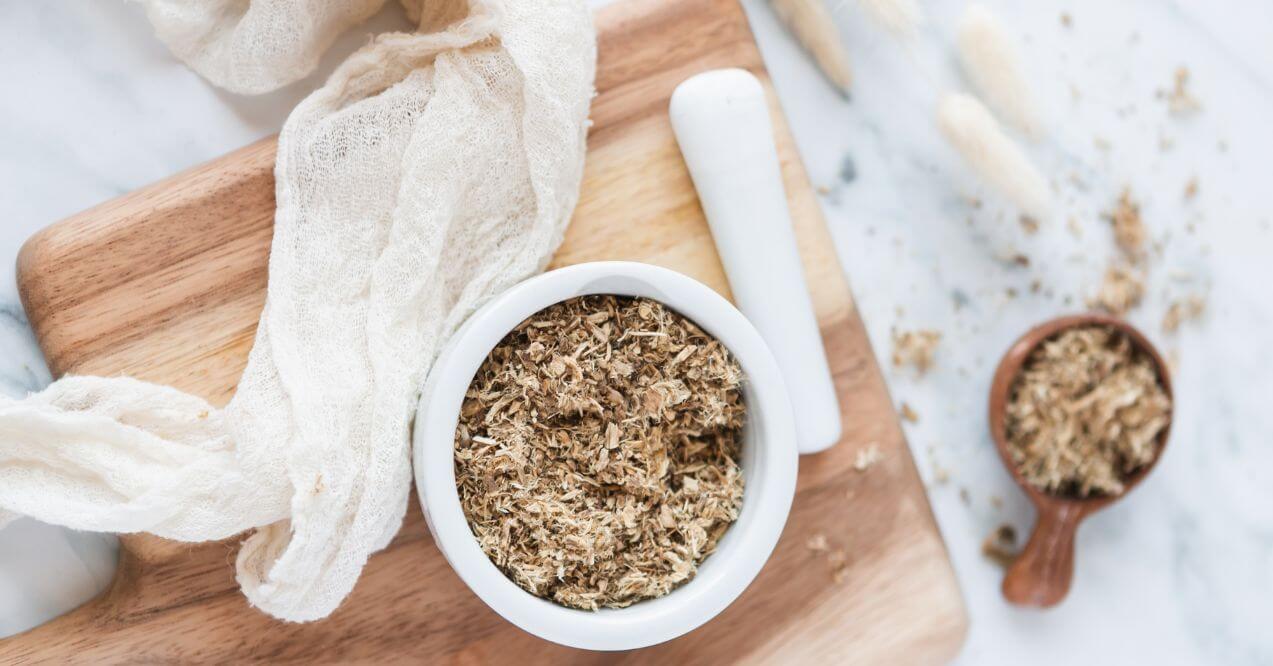
It is worth noting that since the 19th century, slippery elm has helped so many North Americans to reduce gastrointestinal tract problems. Slippery elm has mucilage, hence its name, which makes for a good digestive tea.
Mucilage is a natural substance that turns into a slick gel if mixed with water. The mucilage in slippery elm is the substance with the most power in this plant. Why? It soothes and coats the mouth, tongue, stomach, intestines, and throat. This aspect makes it a suitable option to alleviate coughs, and symptoms of diarrhea, IBS, and gastroesophageal reflux diseases.
If you haven’t suffered from having so much acid in your stomach, you should be thankful for it. Using slippery elm, you can also prevent the results of excessive acids, such as acid reflux and stomach ulcers. The mucous substance coming from mucilage is the real deal with this kind of tea.
In addition, slippery elm also causes reflex stimulation in the stomach. This stimulation causes increased mucus secretion, and we all know how this helps with acid reflux and other gastrointestinal acid issues.
10. Black Tea

In many Asian countries, people use black tea along with salty dishes. During breakfast, black tea in these Asian countries is also a favorite choice, thanks to its tranquil energy. It’s common for people to advise you to take plenty of water if you suffer from constipation. Proper hydration is fundamental in finding relief when suffering from this condition. In this case, a cup of black tea helps your body get more water, so you get hydrated, thus reducing constipation.
Among the good teas for digestion, black tea also has a laxative property that speeds up digestion. This will help alleviate indigestion and constipation because your stomach can improve regularity and help digest food more efficiently. Theanine is also a molecule you can find in black tea. It has a calming effect on the brain, and we all know that some digestive problems result from stress. So as you reduce stress, you get your digestive tract in order.
11. Turmeric Tea
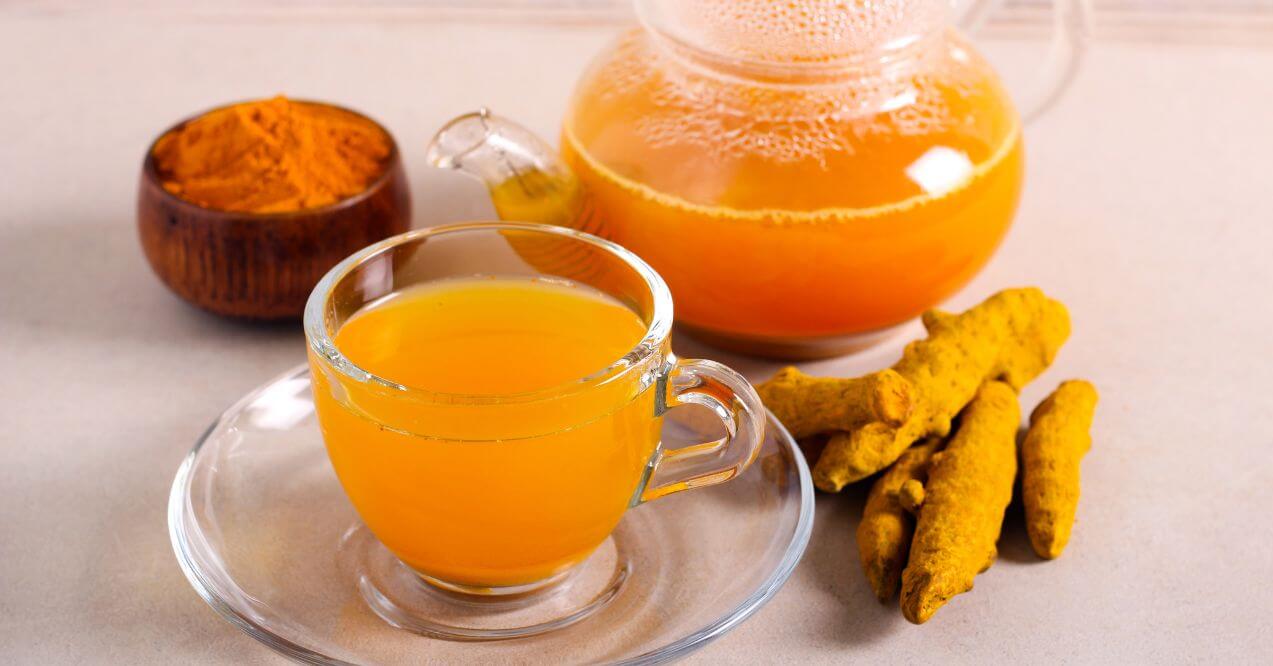
You probably know of turmeric as a spice common in many cooking recipes. You can also use it as a face mask to soften and reduce dark spots on your face. But did you know you can also drink turmeric as an excellent digestive tea? You can get this plant in powder form from a grocery near you. Add a teaspoon to boiling water to make turmeric tea. You can also grind turmeric stems and make tea from them.
Now, how does it help your digestive system? Turmeric contains antioxidants and anti-inflammatory properties that aid in combating damaging radicals and decreasing inflammation. The inflammation in the intestines is often the cause of many gastric problems. Therefore, turmeric-brewed tea could work as a perfect relief for your digestive tract problems.
12. Marshmallow Root Tea
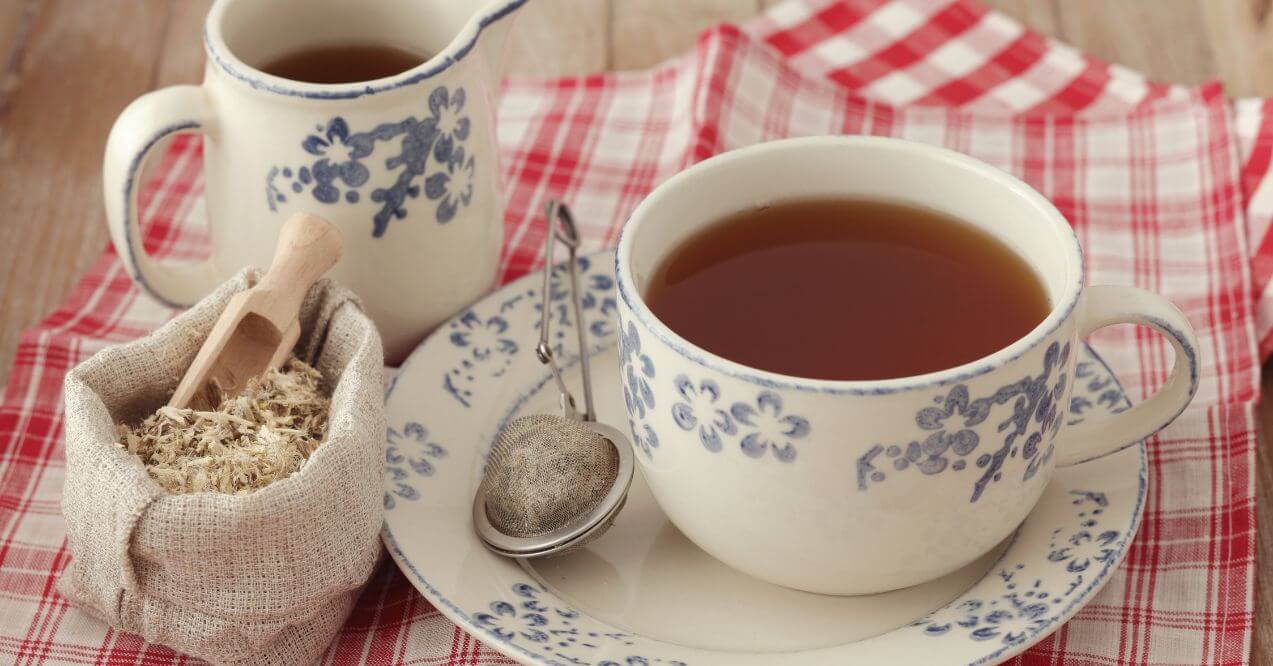
This option is one of the best teas for gut health. For many centuries people have used marshmallow root for its benefits. Such benefits include improving skin health, fighting infections, and improving gut health. It contains dietary fiber, flavonoid antioxidants, and suitable bioactive compounds. So how does it help relieve gut issues? Easy. Marshmallows root is naturally a mucilage.
This trait means that marshmallow root is a soft fiber that swells up when it touches water. This characteristic makes marshmallow roots form a protective layer around membranes. We know how this can be helpful to people suffering from hyperacidity in the stomach. The mucilage in marshmallow root tea minimizes inflammation and also alleviates gastritis.
It also helps leaky guts by creating a protective layer around the digestive tract, so the body can rebuild the intestinal barrier. Marshmallow root tea may also reduce the symptoms of IBS or inflammatory bowel syndrome, such as bloating, constipation, nausea, and many others.
13. Caraway Tea
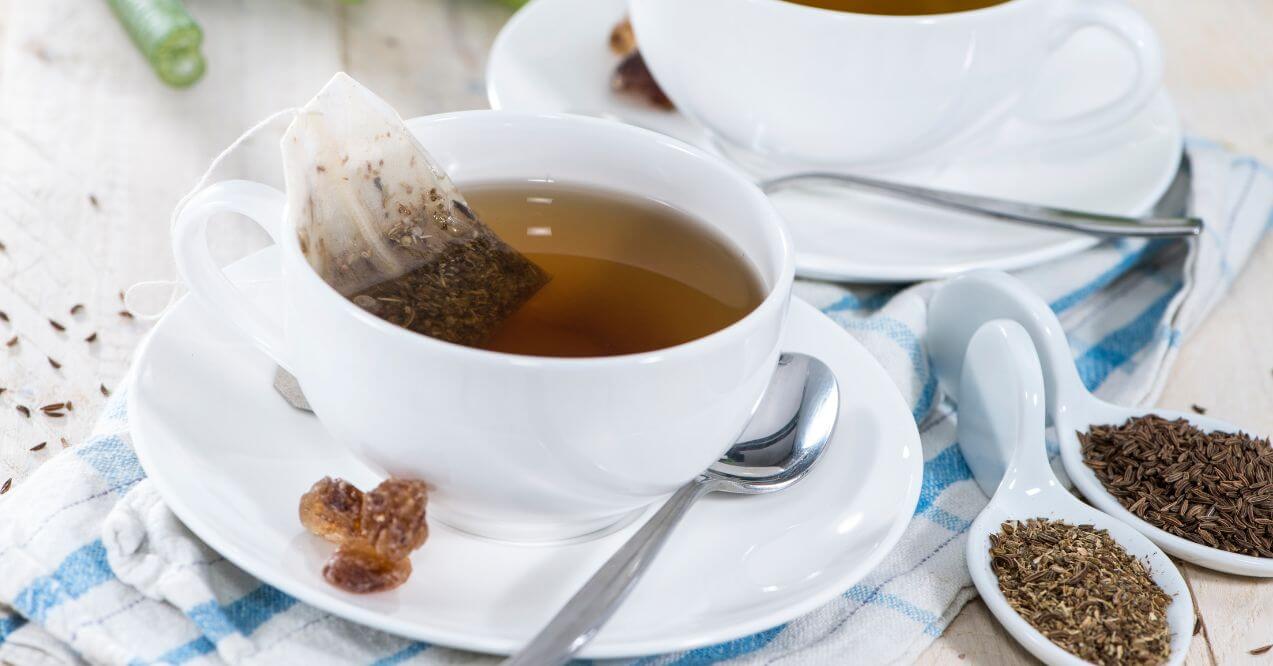
Caraway is a spice that has existed as a culinary ingredient and natural medicine for many years. Its taste resembles coriander, fennel, anise, and licorice. It is also slightly bitter and has an earthy flavor. In most cases, caraway makes sweet foods such as pastries and bread. It is used in curries and stews too. But our main aim is to drink tea, which is very possible with this plant. For that, you can ground caraway or use it as a whole and mix it with hot water.
What health benefits does this tea have? First, it reduces inflammation. Inflammation may be a normal body reaction, but it may cause bloating, gas, stomach cramps, diarrhea, ulcers, and gas. Caraway has potent anti-inflammatory compounds that can prove helpful to combat these issues. Therefore, if your problems with the digestive tract result from inflammation, caraway tea could be an excellent choice for you.
The Best Time to Drink Tea for Gut Health
When is the best time to drink tea for gut health? It depends on when you suffer from gut issues, but most people take it after their meals or immediately after they wake up. Both approaches have their advantages. Dinner is the largest and last meal of the day, and it makes sense why some gut issues start at night. If you experience gut problems at night, you can decide to take tea after dinner.
At the same time, drinking tea immediately after you wake up helps your gut prepare for its daily activities. However, you need to know that only drinking tea won’t solve all your gut issues, so it would be wise to seek professional help.
Also, if you have chronic gut illnesses, ask your doctor about the tea you intend to drink and if it is safe. Some teas may have different side effects from others, so if one tea doesn’t work for you, you can try another. Also, be aware of your overall health, and avoid drinking anything that can mess up your health. For instance, some people may experience more bloating after taking ginger, so ginger tea may not be the best choice for you if that’s the case.
Green Powder – A Substitute for Tea
Teas are great drinks because they help deal with your digestive system issues naturally. But as we have seen, most teas have similar compounds, such as anti-inflammatory and antioxidant. Nevertheless, your gut also needs other nutrients to help fight off any digestive issues. It may be challenging to come up with one tea to sum them all up.
Fortunately, you bumped into a gut-life-changing article! Award-winning Dr. Holly Lucille, ND, highly approved Metabolic Greens+ as an ideal tea substitute. This premium quality blend has five super healthy food blends, which include 47 potent ingredients that are gluten-free, non-GMO, soy-free, dairy-free, and 100% vegan.
This low-glycemic superfood has a green blend that raises energy levels and increases metabolism. It nourishes your digestion, thus creating excellent gut health. It also curbs your appetite and cravings and optimizes metabolic fat-burning for healthy weight management.
The probiotic blend has 10 prebiotics and probiotics that nourish the gut microbiome. They help strengthen your gut health and nutrient absorption and support immunity. Finally, the enzyme blend combines six critical enzymes that help break down the nutrients for easier absorption into your cells.
With Metabolic Greens+, you can enjoy better gut health and support your immunity. The five blends contain food-grade natural ingredients, making this superfood an outstanding option in addition to or instead of tea for those who care about their well-being and health. To see our other best supplements for gut health and digestion, click here.
Final Thoughts
This article shows that teas are delicious and nutritious and can help improve your gut health. They can also be paramount in helping reduce all that stress clogging your mind. Be sure to study the different tea options we have proposed here to see which will work best for you. These best teas for digestion are safe for most people. However, it is necessary to consult a physician before taking any of them to ensure they are appropriate for your health.
Ultimately, keep in mind that tea may not have all the nutrients you need to fully improve your gut health. For this purpose, you can try Dr. Holly Lucille, ND’s highly recommended Metabolic Greens+. The strategic blend of probiotics, enzymes, nutrients, and metabolism-boosting natural ingredients is formulated to improve your overall gut health. For more information on these evidence-based nutrients and superfood ingredients, go to PureHealth Research’s website to learn more about how this supplement for gut health and digestion can help you.
Peppermint tea, ginger tea, chamomile tea, fennel tea, green tea, dandelion root tea, licorice root tea, lemon balm tea, slippery elm tea, black tea, turmeric tea, marshmallow root tea, and caraway tea.
They contain compounds like tannins, polyphenols, flavonoids, and essential oils that help reduce inflammation, ease digestive issues, and improve nutrient absorption.
After meals or in the morning to help prepare the gut for daily activities and aid digestion.
Yes, Metabolic Greens+ is a recommended supplement that includes a blend of probiotics, enzymes, and other gut-friendly nutrients.
Sign up for our Healthy Living newsletter!
Advertisement. This site offers health, wellness, fitness and nutritional information and is designed for educational purposes only. You should not rely on this information as a substitute for, nor does it replace, professional medical advice, diagnosis, or treatment. If you have any concerns or questions about your health, you should always consult with a physician or other health-care professional. Do not disregard, avoid or delay obtaining medical or health related advice from your health-care professional because of something you may have read on this site. The use of any information provided on this site is solely at your own risk.
